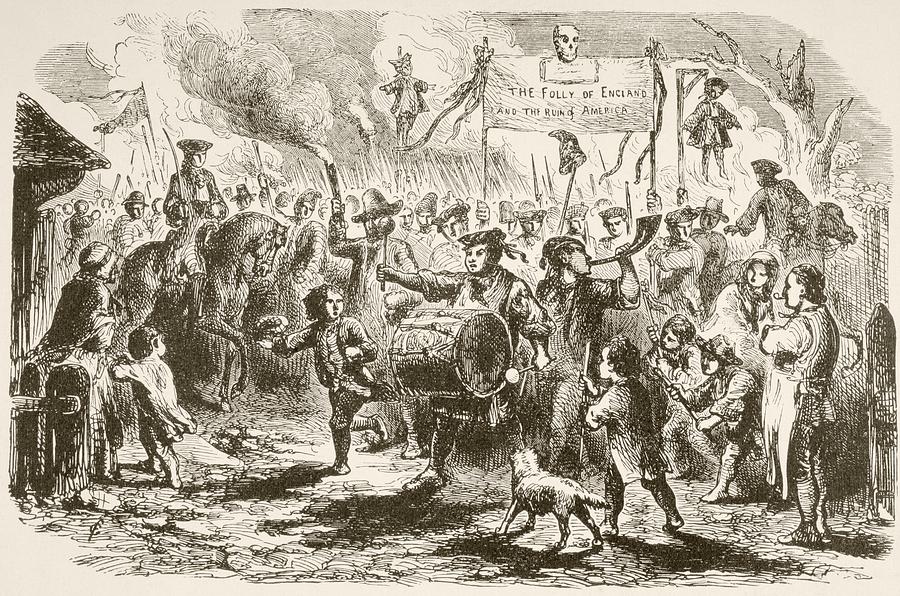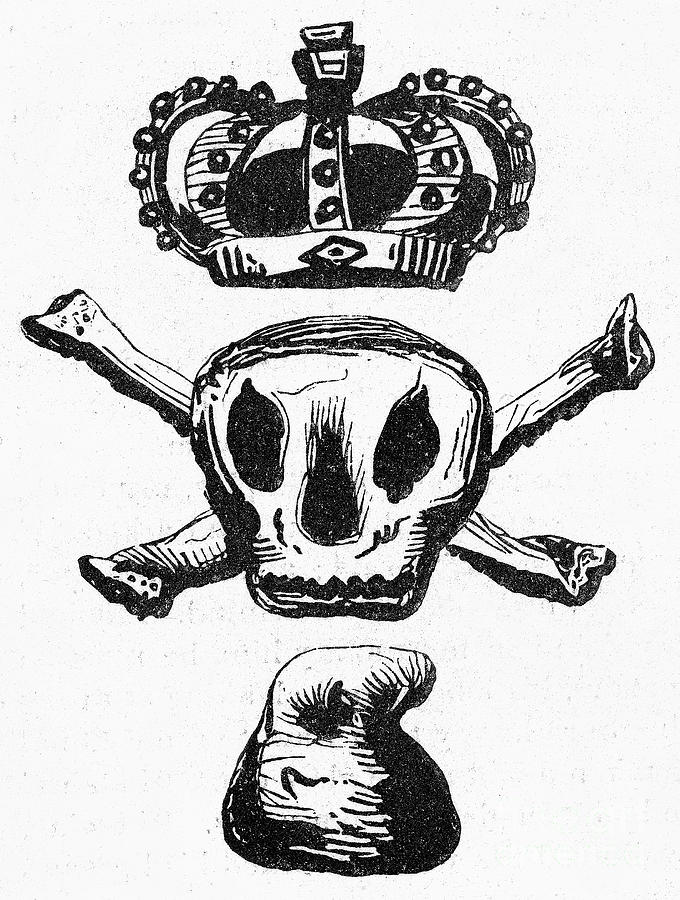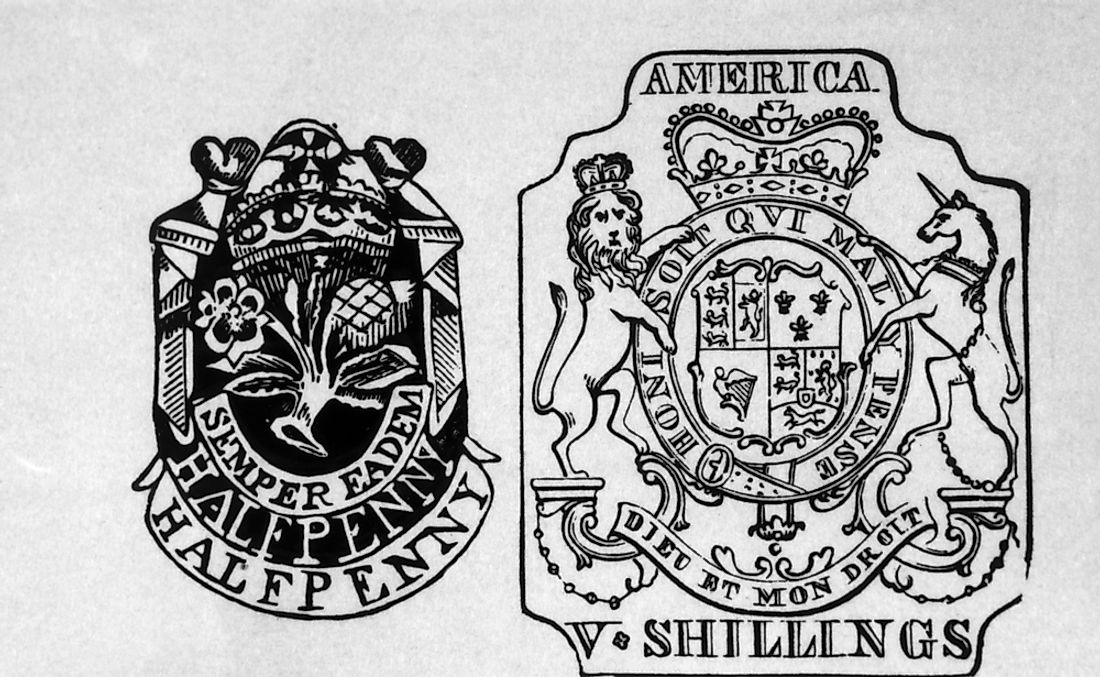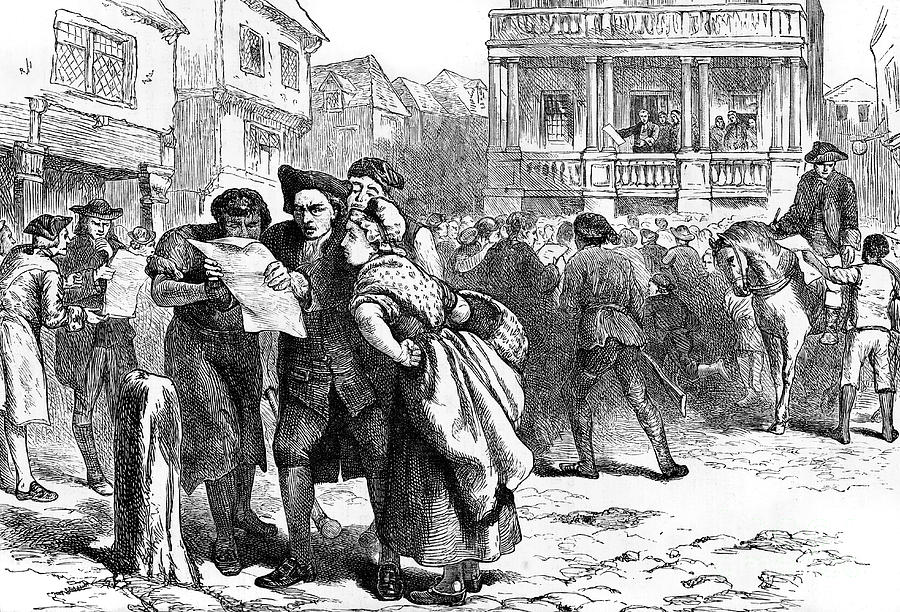Stamp Act Drawings
Stamp Act Drawings - The bill was passed on february 17, approved by the lords on march 8th, and two weeks later ordered in effect by the king. Colonial history, first british parliamentary attempt to raise revenue through direct taxation of all colonial commercial and legal papers, newspapers, pamphlets, cards, almanacs, and dice. Short title, extent and commencement. 12), was an act of the parliament of great britain which imposed a direct tax on the british colonies in america and required that many printed materials in the colonies be produced on stamped paper from london which included an embossed revenue stamp. The stamp act helped bring about the american revolution. The colonists were not pleased. Specifically newspapers, magazines and any legality. Papers that were used daily such as newspapers, legal documents, and playing cards were also included. The stamp act, which was passed by the british parliament in march of 1765, required all american colonists to pay a tax on every piece of printed paper that they used. A political cartoon depicting the repeal of the stamp act in march 1766. One of these was the passing of. [ digital file from b&w film copy neg. The caption refers to the infamous tax imposed on the american colonies by the british government in 1765. Web photo, print, drawing this is the place to affix the stamp. Today, we’re going to read documents and try to answer the question: Why were colonists upset about the stamp act? People in street condemning the stamp act. This number contains the text of the stamp act, reprinted word for word, with the exceptions hereafter noted, from a. Web the british passed the stamp act. This is the place to affix the stamp. The stamp act is not included in the printed editions of acts of parliament, nor in any book accessible to. Specifically newspapers, magazines and any legality. Colonial history, first british parliamentary attempt to raise revenue through direct taxation of all colonial commercial and legal papers, newspapers, pamphlets, cards, almanacs, and dice. Web photo, print, drawing this is the place to. Beginning in 1754 great britain and france fought for control over north america. In 1765, british parliament passed the stamp act to raise revenues by taxing american colonists. A motion was offered to first read petitions from the virginia colony and others was denied. —of the liability of instruments to duty. It placed a tax on all newspapers and other. Web photo, print, drawing this is the place to affix the stamp. The stamp act would have an effect on anyone who bought a printed item like a newspaper. [ digital file from b&w film copy neg. Several instruments used in single transaction of sale, mortgage or settlement. Colonial history, first british parliamentary attempt to raise revenue through direct taxation. It placed a tax on all newspapers and other printed materials. It led to some of the first protests by american colonists against the british government. Something was dreadfully wrong in the american colonies. Two businessmen successfully signed a project cooperation agreement contract, business concept illustration. Web photo, print, drawing the stamp act denounced. Web stamp act, (1765), in u.s. Instruments relating to several distinct matters. Cartoon shows the hand of soviet foreign minister molotov stamping no on various papers calling for an atom bomb plan, a european recovery conference, and a japanese peace treaty. It imposed a direct tax on all printed material in the north american colonies. | cartoon shows the hand. It was the first time that. Today, we’re going to read documents and try to answer the question: It led to some of the first protests by american colonists against the british government. Web the stamp act, 1765. Grenville is followed by the earl of bute, the duke of bedford, temple, halifax, sandwich, and two bishops. Web 59 stamp act stock illustrations and clipart. 12), was an act of the parliament of great britain which imposed a direct tax on the british colonies in america and required that many printed materials in the colonies be produced on stamped paper from london which included an embossed revenue stamp. The stamp act protests established a pattern of action. Web parliament passed the stamp act on march 22, 1765 and repealed it in 1766, but issued a declaratory act at the same time to reaffirm its authority to pass any colonial legislation it saw fit. It led to some of the first protests by american colonists against the british government. Web the stamp act 1 drawing. Web the british. Papers that were used daily such as newspapers, legal documents, and playing cards were also included. Web the british passed the stamp act. The stamp act is not included in the printed editions of acts of parliament, nor in any book accessible to. A political cartoon depicting the repeal of the stamp act in march 1766. It placed a tax on all newspapers and other printed materials. The stamp act, which was passed by the british parliament in march of 1765, required all american colonists to pay a tax on every piece of printed paper that they used. —of the liability of instruments to duty. Several instruments used in single transaction of sale, mortgage or settlement. Great britain finally won the french and indian war, but it was very costly. In 1765, the british parliament passed an act for granting and applying certain stamp duties in the british colonies and plantations in america, commonly called the stamp act of 1765. parliament had imposed taxes through the use of embossed revenue stamps, also known as impressed duty stamps, in britain since 1694. 12), was an act of the parliament of great britain which imposed a direct tax on the british colonies in america and required that many printed materials in the colonies be produced on stamped paper from london which included an embossed revenue stamp. Web parliament passed the stamp act on march 22, 1765 and repealed it in 1766, but issued a declaratory act at the same time to reaffirm its authority to pass any colonial legislation it saw fit. [ digital file from b&w film copy neg. This number contains the text of the stamp act, reprinted word for word, with the exceptions hereafter noted, from a. Grenville is followed by the earl of bute, the duke of bedford, temple, halifax, sandwich, and two bishops. A motion was offered to first read petitions from the virginia colony and others was denied.Stamp Act ClipArt ETC

The Stamp Act Riots In New York, 1765 Drawing by Vintage Design Pics

The stamp act midwestapo

Stamp Act, 1765 Photograph by Granger

Stamp act 1765 oklahomahac

stamp act 1765 Stamp Act Paintings Fine Art America

Newsela The Stamp Act of 1765

Stamp Act Congress (1765) U.S. History, Significance, & Definition

Bostonians Reading The Stamp Act, 1765 Drawing by Print Collector

Stamp Act Cartoon, 1765 Acrylic Print by Granger
Beginning In 1754 Great Britain And France Fought For Control Over North America.
Click A Thumbnail To View The Full Size Image.
Colonial History, First British Parliamentary Attempt To Raise Revenue Through Direct Taxation Of All Colonial Commercial And Legal Papers, Newspapers, Pamphlets, Cards, Almanacs, And Dice.
The Stamp Act Protests Established A Pattern Of Action Against British Officials That Would, In Some Cases, Involve Physical Assault, As Shown In The Image To The Right.
Related Post: